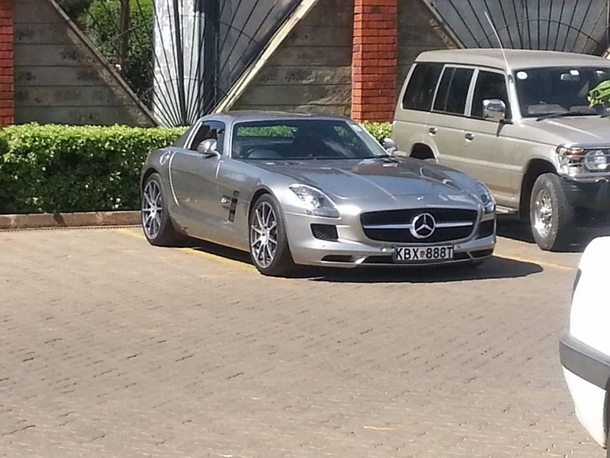The Port of Mombasa has recorded an increase in second-hand motor vehicle imports as the drive to lower the car import age limit to five years from eight continues.
In the past two months, the port saw an increase in used cars from an average of 3,000 vehicles to above 7,000 with at least four ships docking between November 30 and December 10.
The vessels, mv Morning Champion, mv Jolly Quarzo, mv Morning Menad and mv Hoegh Kobe, docked at the port with more such vessels scheduled to dock by the end of this month.
Dealers are projecting a sharp increase in imports even as Industry, Trade and Cooperatives Cabinet Secretary Peter Munya is expected to submit the National Automotive Policy for approval in the Cabinet after it was delayed due to lack of public participation.
“We are negotiating a new policy but currently we are obeying the eight-year age limit until a new law comes into place. That is why there are more imports,” said Car Importers Association of Kenya (CIAK) chairman Peter Otieno.
December 31 was the last day for 2012 manufactured vehicles to be cleared into the country under the age limit rule but delays by the Cabinet to pass the policy has stayed implementation.
FEAR LOSSES
Importers say they are pessimistic and fearful of losses once the new policy is in place.
“CS Munya, during the commissioning of the Toyota Hilux Pickup truck assembly line in Miritini in October, promised President Uhuru Kenyatta to present a policy to the Cabinet within three weeks for approval. During the function, the President also affirmed his commitment to car assemblers, an indication a law might come into force anytime which will leave us at a loss if we do any importation after December 31,” said John Karanja, a car dealer.
The policy seeks to cap the age of second-hand car imports at five years by 2020 and, by 2021, to restrict imports of cars to vehicles that are three years old or newer to boost the domestic automotive sector by reducing dominance of used cars in the market.
The country imports about 130,000 second-hand vehicles annually, with only 36 per cent of total vehicles used in the country being assembled locally.
Mr Kenyatta has already directed all ministries and public entities to give preference to vehicles assembled locally during procurement.
The policy also gives local assemblers financial incentives, including zero import and excise duties, as well as a 50 per cent discount to the corporate tax rate to encourage them to invest in the country.
SOURCE: nation.co.ke





![Here are some of the best tuned cars in kenya by state of the art garages [PHOTOS]](../../../blog/wp-content/uploads/2013/11/29402_10151301757042065_340470732_n-e1384498044289.jpg)

![Top 20 Used Cars to Avoid Buying in Kenya – [PHOTOS]](../../../blog/wp-content/uploads/2013/11/top-used-unreliable-cars-to-avoid2-100x70.jpg)



